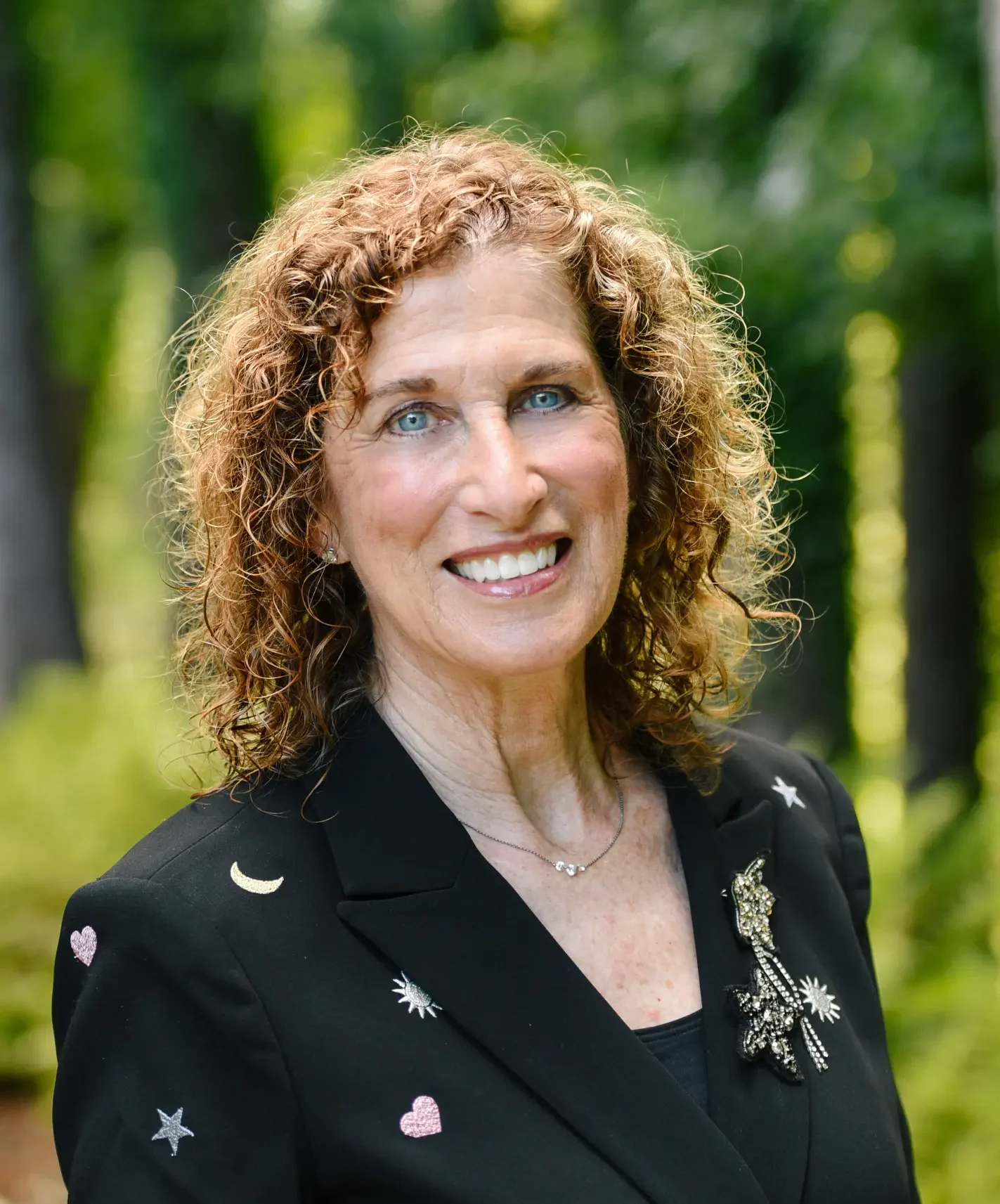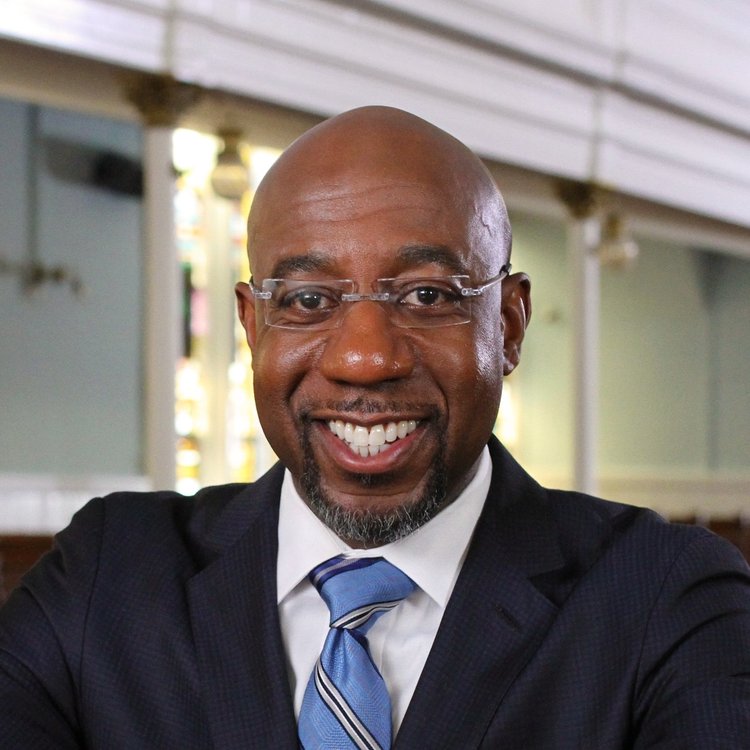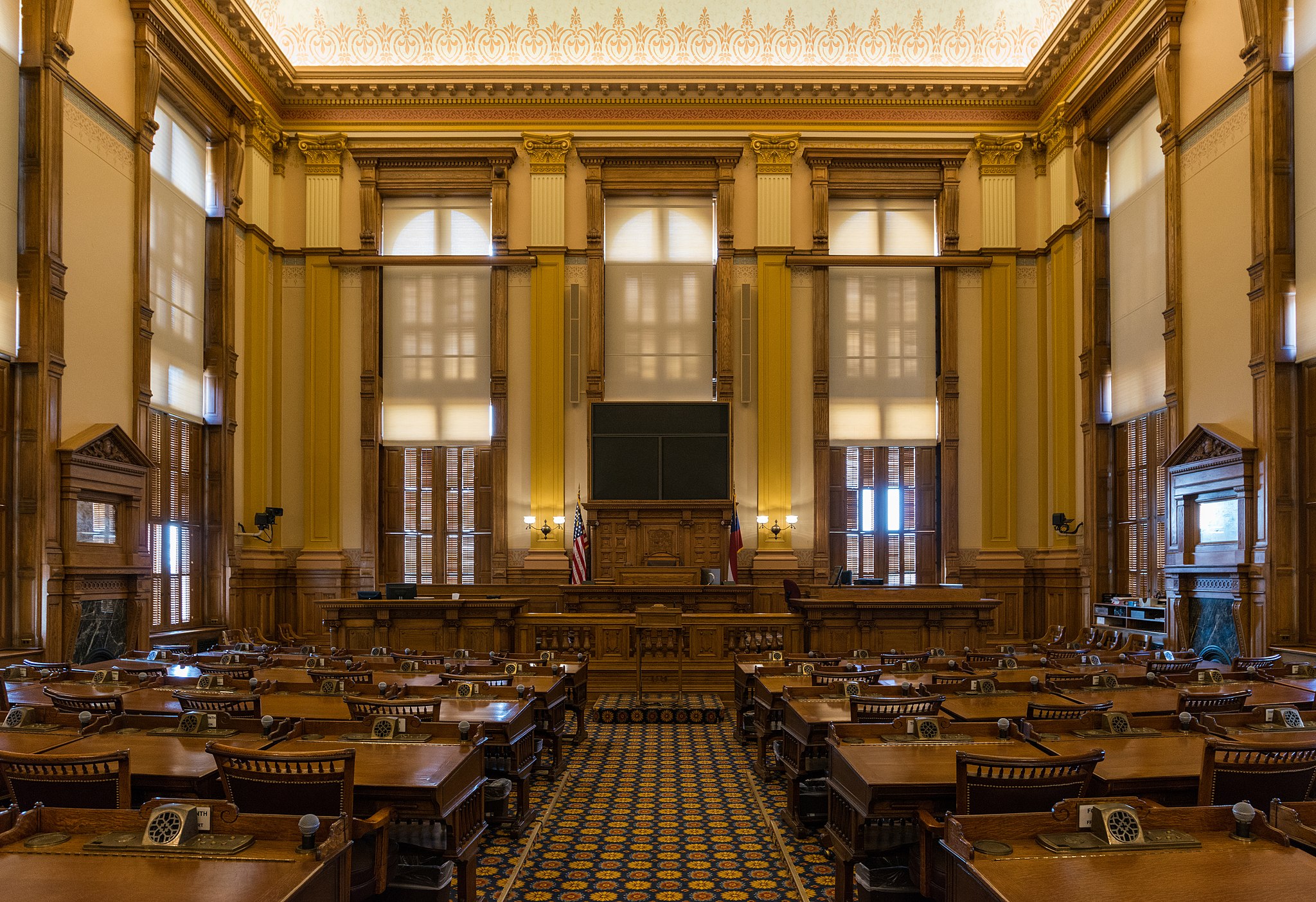
What Does Freedom Really Mean?
This summer, as fireworks light the sky and speeches echo the word ‘freedom,’ let us remember that freedom must mean something for all of us—or it means nothing at all.
We have the power to end mass incarceration through faith, action and public policy.
We have the power to end mass incarceration through faith, action and public policy.
The Multifaith Initiative to End Mass Incarceration leverages the power of US faith leaders and communities to emphatically demand and act for the end to mass incarceration through congregational engagement, narrative advancement, and public policy education.









Mass incarceration is one of the most critical moral issues of our time. When we fight to end mass incarceration, we fight for voting rights, we fight against job discrimination, we fight for the humanity and dignity of poor people.
Rev. Dr. Raphael G. Warnock
Senior Pastor, the Historic Ebenezer Baptist Church
The Multifaith Movement to End Mass Incarceration (EMI) began with the Reverend Raphael Warnock, the Rev. Dr. Katherine Henderson and Rabbi Peter Berg sharing a vision to see faith communities collectively organize to stop the human rights catastrophe of mass incarceration.
The Multifaith Initiative to End Mass Incarceration (EMI) leverages the power of U.S. faith leaders and communities to emphatically demand and act for an end to mass incarceration on the local and national level.
EMI organizes an effective moral witness against the laws, policies, and policing practices that contribute to mass incarceration, drawing upon ancient traditions, moral vocabulary, and institutional strength to address the depth of this human rights catastrophe.
We engage congregations and their leaders to educate their communities and move them towards actions that end mass incarceration. We offer models and training toward changing the narrative of incarceration, lifting up theologies of forgiveness, compassion, and justice.

This summer, as fireworks light the sky and speeches echo the word ‘freedom,’ let us remember that freedom must mean something for all of us—or it means nothing at all.

The cash bail system’s expansion starkly illustrates its functional criminalization of not just the economically vulnerable but also organizations and churches pooling resources to pay bail for those unable to afford it.

This summer, as fireworks light the sky and speeches echo the word ‘freedom,’ let us remember that freedom must mean something for all of us—or it means nothing at all.

The cash bail system’s expansion starkly illustrates its functional criminalization of not just the economically vulnerable but also organizations and churches pooling resources to pay bail for those unable to afford it.